When a man hits a target, they call him a marksman. When I hit a target, they call it a trick. Never did like that much
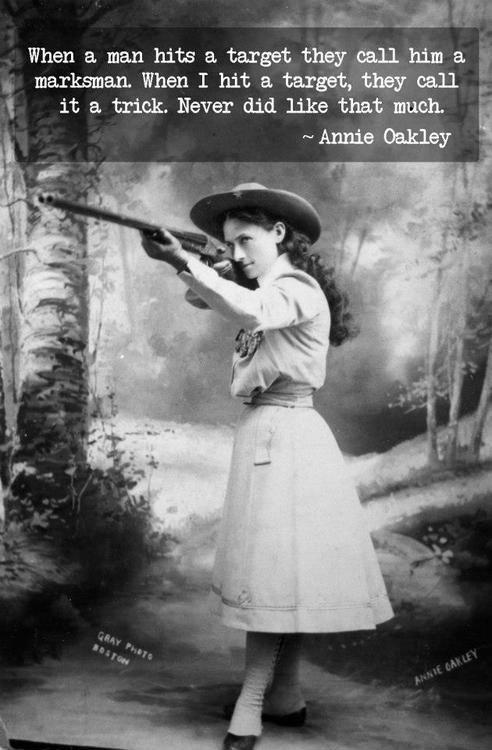
When a man hits a target, they call him a marksman. When I hit a target, they call it a trick. Never did like that much
The statement "When a man hits a target, they call him a marksman. When I hit a target, they call it a trick. Never did like that much" highlights the gender bias and stereotypes that exist in society when it comes to recognizing and acknowledging the achievements of men and women. In this context, the words used to describe the same action performed by a man and a woman are different, reflecting the underlying societal beliefs and expectations placed on individuals based on their gender.The term "marksman" is typically used to describe a skilled and accurate shooter, often associated with masculinity and strength. On the other hand, the word "trick" has a more dismissive and belittling connotation, implying that the achievement was not based on skill or talent, but rather on luck or deception. This distinction in language reflects the tendency to downplay the accomplishments of women and undermine their abilities, while simultaneously elevating and praising the achievements of men.
This double standard is deeply ingrained in our culture and has far-reaching implications for how men and women are perceived and treated in various aspects of life. Women are often held to higher standards and face greater scrutiny and criticism for their actions, while men are given more leeway and praise for similar accomplishments. This disparity in language and perception reinforces harmful stereotypes and perpetuates inequality between the genders.
It is important to challenge and confront these biases and stereotypes in order to create a more equitable and inclusive society. By recognizing and addressing the ways in which language and attitudes contribute to gender inequality, we can work towards creating a more just and fair world for all individuals, regardless of their gender. It is time to move beyond outdated and harmful stereotypes and embrace the full potential and capabilities of men and women alike.
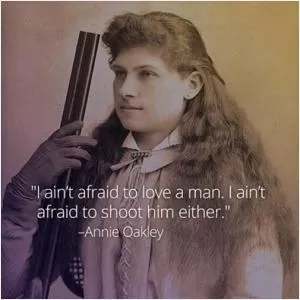
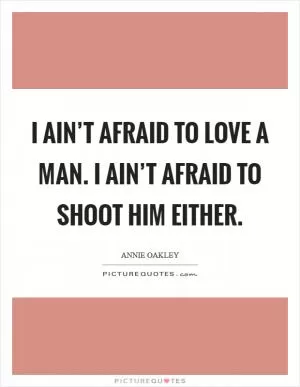
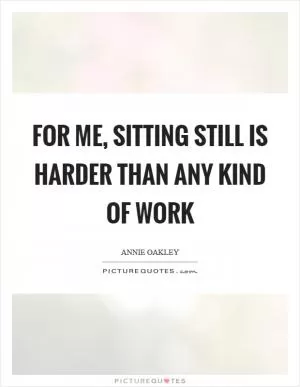
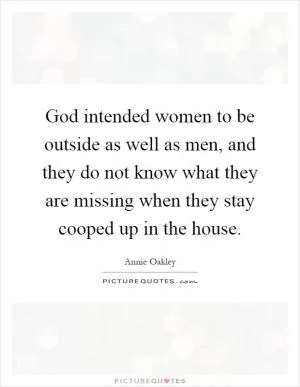
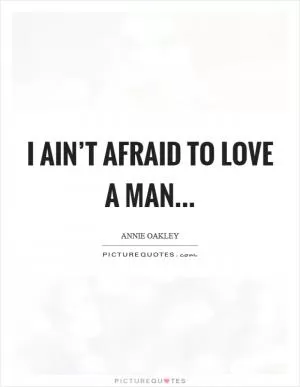

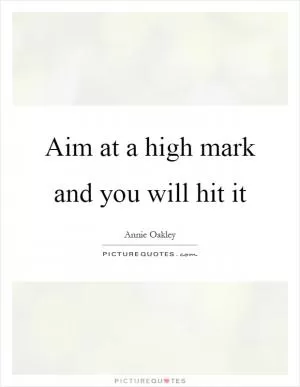


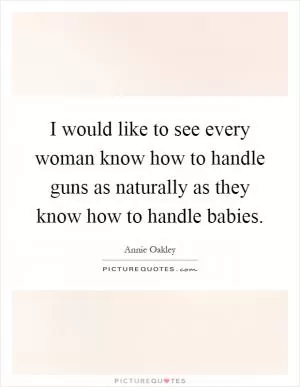
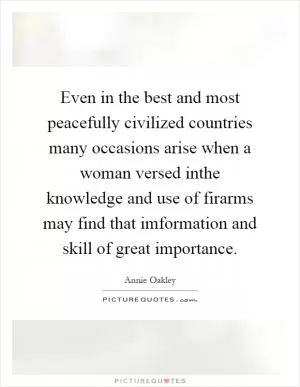
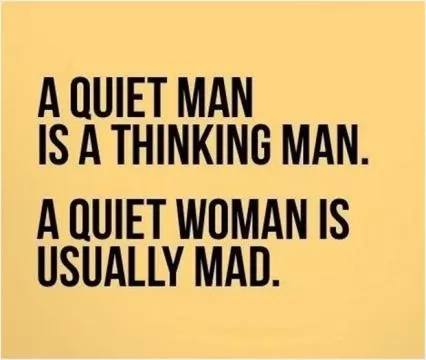
 Friendship Quotes
Friendship Quotes Love Quotes
Love Quotes Life Quotes
Life Quotes Funny Quotes
Funny Quotes Motivational Quotes
Motivational Quotes Inspirational Quotes
Inspirational Quotes